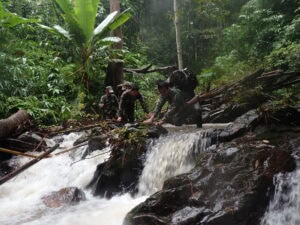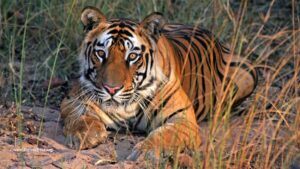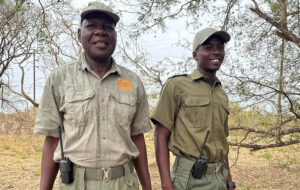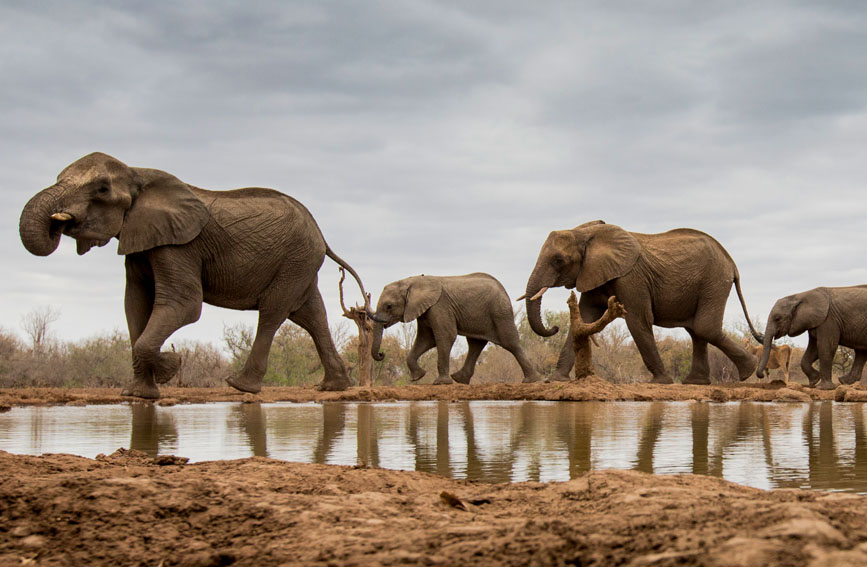USAID Cuts Send Shockwaves Through Global Conservation
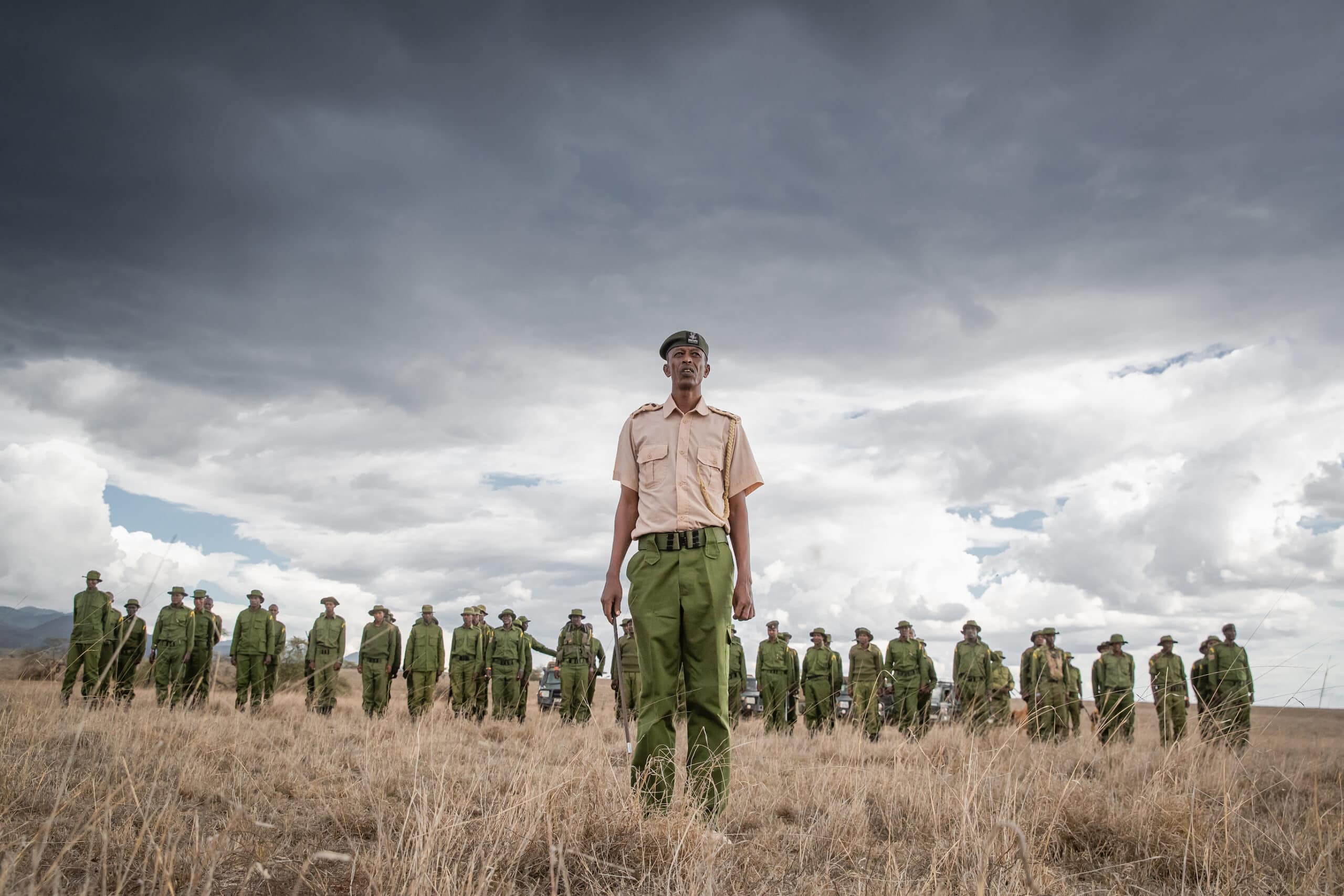
To give credit where credit is due, the US has been the world’s biggest spender on international development, by some margin. Consequently, the impact of the sudden funding cuts to USAID for conservation and humanitarian projects across the world has been enormous.
In 2023 alone, the US distributed approximately $72bn in foreign aid. USAID was responsible for distributing about half of that sum.
Since 1995, USAID’s Central Africa Regional Program for the Environment sent hundreds of millions of dollars to the Congo Basin. This aid supported wildlife rangers in national parks, , and even eco-friendly coffee businesses. Since 2019, USAID and the US Department of State have provided more than $23 million to Virunga National Park alone, home to around a third of the world’s mountain gorillas.
USAID had employed around 10,000 people, two-thirds of whom were working overseas. It had bases in more than 60 countries and worked in dozens of others. However, most of the work on the ground was carried out by other organisations that were contracted and funded by USAID.
Jennifer Mann, Thin Green Line’s programs coordinator, asked a worldwide ranger network how they have been affected. Contacts in nine African countries replied along with respondents in Brazil, Colombia, Guatemala, Ecuador, Bolivia, Antigua and Barbuda, India, Laos, Solomon Islands, Papua New Guinea, and Indonesia. Many organisations are facing 100% funding cuts.
One of the survey respondents said they are bracing for USAID funding cuts of at least 40 per cent.
“It has affected most of our country programmes, either directly by having less budget or having to adhere to the ‘stop work’ order, or indirectly by the lack of US funding, meaning budgets have had to be moved around.”
Another organisation representative , based in Kenya, said that salaries, equipment, and training have all been affected, impacting antipoaching, habitat restoration, and wildlife rescue efforts.
“The impact is heavy on conservancies and rangers; the situation is likely to reverse the conservation effort made over the years.”
South African conservancies, including Kruger National Park, are likely to be at increased risk from organised crime.
One major USAID funded project in South Africa has done great work building relationships between conservation authorities and surrounding communities, finding ways for communities to benefit from and value the national park.
Steven Collins, a South African conservation and development consultant who has worked extensively with USAID, said that the USAID shutdown is “a wake-up call” to Africans who have become dependent on foreign donors to support work “that we say is valuable but can’t persuade our own governments to fund.”
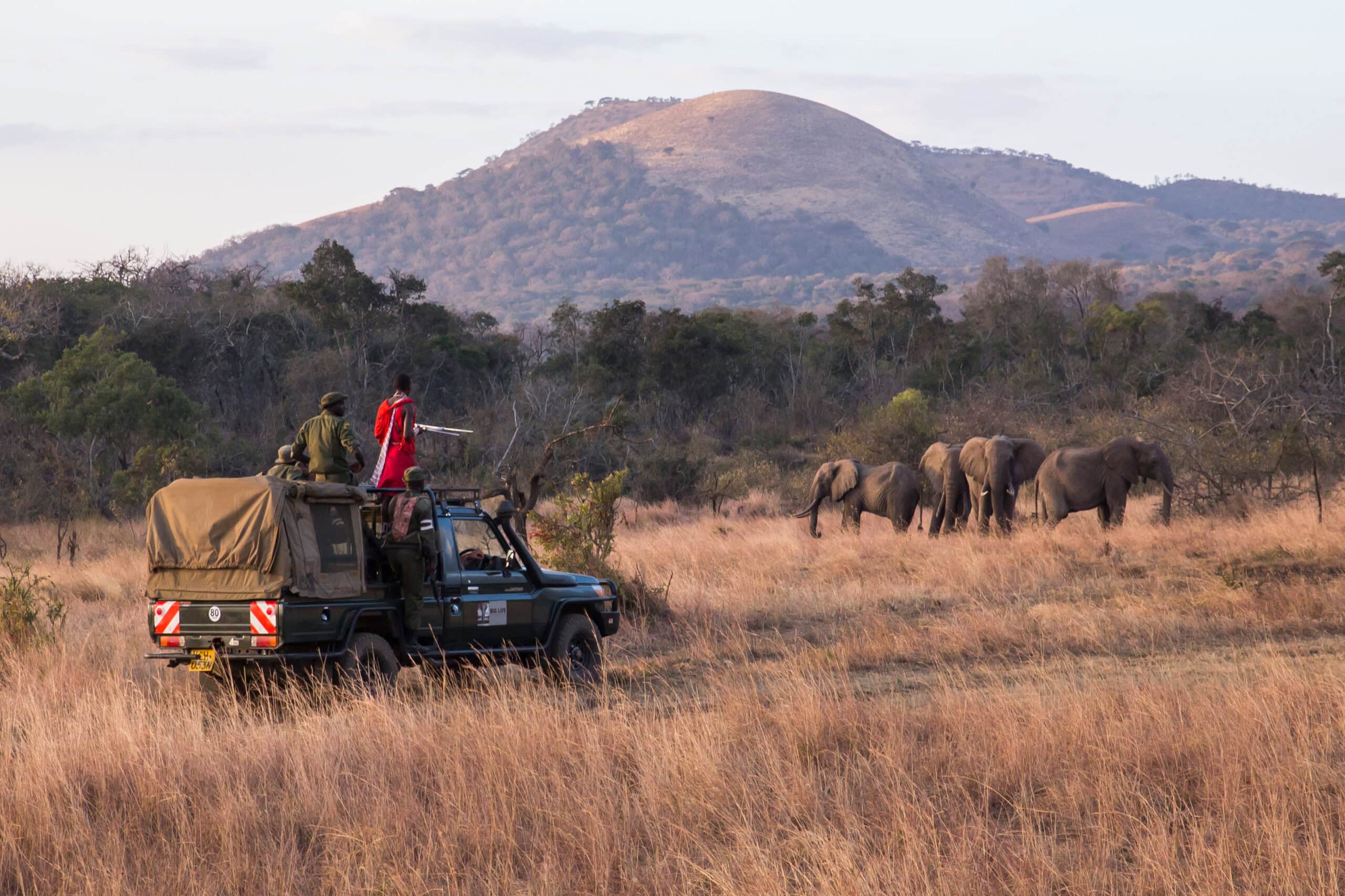
Decisions about where other agencies should step in with funds become very difficult. Climate change may be a prime consideration for identifying conservation priorities in the Oceania region following the decisions to cut aid there.
Pacific countries face major challenges adapting to the negative impacts of climate change. Rising sea levels, declining fish populations, and increased natural disaster prevalence all spell a true existential threat.
Along with its other established commitments, Thin Green Line has been supporting rangers in Samoa, the Solomon Islands, and Fiji, with a focus on leadership development and community engagement to protect the unique ecosystems of these Pacific Island nations.
With so many rangers in need, the challenge to support the tireless efforts of these vital conservation teams protecting the world’s wildlife and ecosystems is more daunting than ever.
Sources: Ashoka Mukpo, Mongabay; BBC; further reading.
